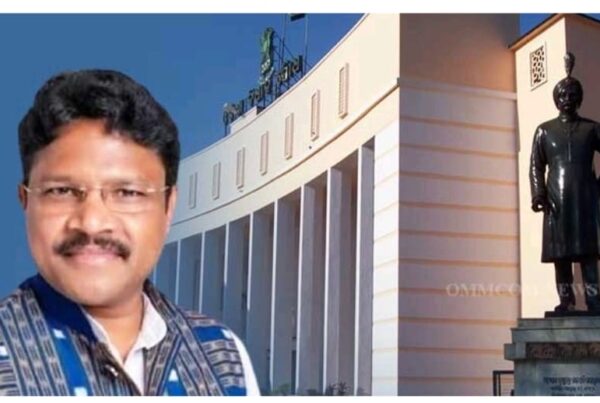![]()
A historical that kicks off well, flounders in the middle and then serves some good punches in the climax
There is a condition called period drama/historical fatigue and I must admit that I am suffering a wee bit from it. Little then to get excited about yet another Hindi film that aims to make Indians proud of who we are by taking us back to the past, right to the end of the 17th century, when we used to be the “sone ki chidiya”, till “baahari taaqat” (the foreign invaders) came and split us apart. “Hum apni hi dharti par gunehgaar ho gaye (We turned guilty in our own motherland),” says a voiceover at the start of the film. However, the fictionalised account (there are disclaimers aplenty) of the life of Tanaji Malusare, one of Maratha emperor Shivaji’s bravest generals, has a comic-book, swashbuckler touch that manages to work; partially if not entirely.
It’s 1670. Tanhaji (Ajay Devgn) is busy preparing for the wedding of his son Rayba when he has to leave it all aside to go on a mission for Shivaji (Sharad Kelkar) to recapture Kondhana fort for the Marathas from the Mughals. It’s part of Aurangzeb’s plan to use the strategic fort as the base for Mughal expansion into South India and the fort is in control of his Rajput officer Udaybhan Rathod (Saif Ali Khan).
- Director: Om Raut
- Starring: Ajay Devgn, Kajol, Saif Ali Khan, Sharad Kelkar
- Storyline: Fictionalised account of the life of Tanaji Malusare, Shivaji’s military leader, who recaptured the Kondhana fort for the Marathas from the Mughals
- Run time: 131 minutes
Things kick off well what with the flying entry of Devgn. Soon it all becomes about one battle set piece after another or song-and-dance extravaganzas, all enhanced by 3D and played to booming, militaristic soundtrack, the particularly rousing Ghamand Kar. There is much play on the bhagwa (ochre/saffron) colour, some scheming dissenters within the Maratha army, human chess games between Aurangzeb and Shah of Iran but the dreaded Islamophobia is contained, though not entirely done away with.
A certain ennui begins to set in, in the middle, despite the grand scale and execution. However, things do come to a head effectively again in the climactic sequence. The scaling of the steep hill fort of Kondhana, Tanhaji’s kinetic combat with Udaybhan and that last strike at victory. It does work itself to some kind of collective catharsis and adrenaline rush.
The hero and villain sit on convenient extremes. Devgn is suitably efficient as the one who can’t do anything wrong. But Udaybhan (Saif) gets interpreted a la Alauddin Khilji, perhaps just because of his association with Aurangzeb. Saif Ali Khan plays the manic, unhinged character who’d chop off an elephant’s trunk without so much as blinking and eats crocodile meat. There’s a hint of backstory about class politics coming in the way of his love for a girl called Kamal (Neha Sharma) now widow in his captivity. It may have given a good context to his villainy, but the thread is left hanging. Sharad Kelkar makes for a handsome and dignified Shivaji, as we have known him through our dives into history books as well as the Amar Chitra Kathas. And the women — Shivaji’s mother Rajmata Jijabai (Padmavati Rao) and Tanhaji’s wife Savitri (Kajol) — expectedly, have almost no role to play other than being the keeper of the male conscience.





